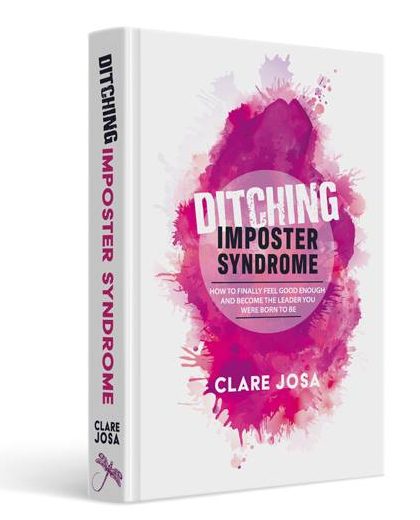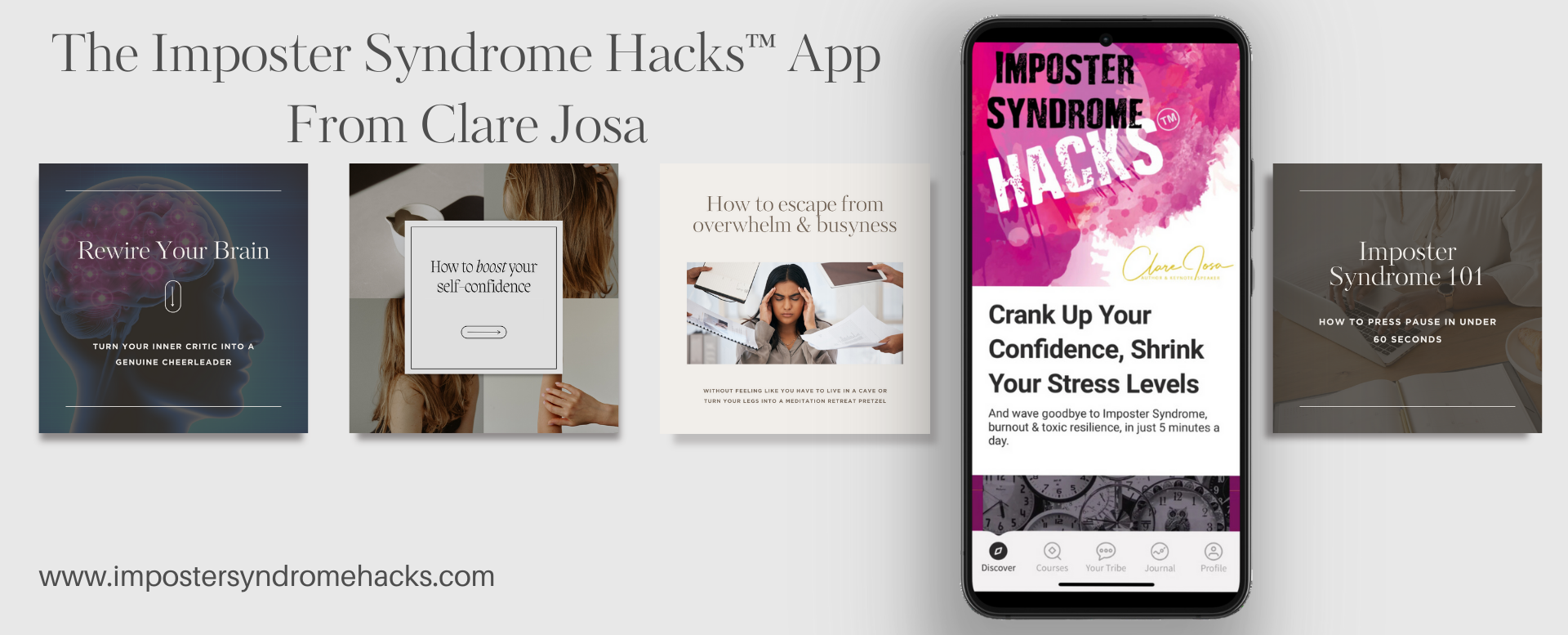"Imposter Syndrome affects more women than men." Really?
It's a statement I see in social media at least once a week - and even in newspaper and magazine articles. Some go as far as to claim that over 90% of the people who experience Imposter Syndrome are female.
But is it really true? And how did we come to believe this?
We need to start by hopping into our time machine.
The term 'the Impostor Phenomenon' was first coined by Pauline Clance and Suzanne Imes in their 1978 research study. They described it as women's fear of being found out as a fraud, even though you are obviously doing well.
But here's something most people don't know, which became clear following the landmark 2019 Imposter Syndrome Research Study:
1. The Original 1978 Imposter Syndrome Research
The original research by Pauline Clance and Suzanne Imes, back in 1978, led people to assume that Imposter Syndrome is a female-only phenomenon.
However, most people don’t realise that the research only included women.
Also, culturally, back in the 1970s, few men would have admitted to struggling with Imposter Syndrome, so there was no narrative to contradict the assumption.
Clance’s later work confirmed that men also struggle with this, but it wasn’t as widely publicised.
2. The 2019 Imposter Syndrome Research
This showed that men and women struggle at similar rates, but that men handle Imposter Syndrome very differently from women.
Both genders tend to keep it quiet, thinking they are the only person struggling with it.
But women are twenty times more likely to open up to friends and family about how they are feeling than men are.
Men were found to be five times more likely to turn to alcohol and medication, to numb the stress, fear and anxiety that Imposter Syndrome can trigger.
The latest research showed that the percentage of respondents who described experiencing Imposter Syndrome 'daily' or 'regularly' was nearly identical.

But there were some really important gender differences, that perpetuate the myth that Imposter Syndrome only affects women:
There were also ground-breaking findings about the way Imposter Syndrome affects men and women differently.
And we discovered how this has led to Imposter Syndrome being one of three hidden drivers of the gender pay gap and lack of gender equity in leadership roles.
You can read about this here. And here's a keynote talk I gave for London Stock Exchange on this topic.
So the data shows that Imposter Syndrome is not something that only affects women - that's another one of the dangerous Imposter Syndrome myths. It's just that men and women handle it very differently.
This is why it's so vital that, for example, in-house talks or conferences that cover Imposter Syndrome include men and aren't restricted to women only, either as audience members or panel discussion contributors. [Here's where you can book me to speak at one of these.]
It's essential that we normalise the fact that Imposter Syndrome impacts men, too, to break the taboo and give them permission to get the support they need, to set themselves free from Imposter Syndrome.
For how-to on this, I've got a free guide to help you to start the Imposter Syndrome discussion in your organisation, without turning it into a 'badge of honour' to excuse poor performance.
If you're on a mission to set yourself free from Imposter Syndrome, Ditching Imposter Syndrome is a great place to start. And if you want to work with me or one of my Certified Imposter Syndrome Mentors on it, the fastest way to create breakthroughs is with Stepping Up To Lead. You can set yourself free from Imposter Syndrome in under 90 days.
And if you're interested in Imposter Syndrome, here's how to get weekly Imposter Syndrome Inspiration straight to your inbox - as my gift.


